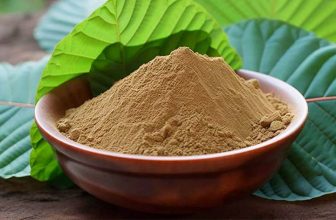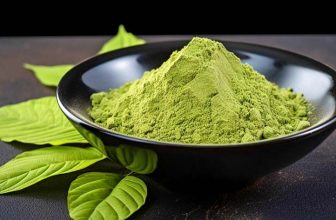
You might remember unwillingly taking those squishy, orange-filled tablets as an adolescent, despite knowing little about the reasoning behind it. Those tablets were in fact a source of omega 3, vital for the development of the brain and body. Curious? Then check out these Omega 3: Best Vegan Food Sources!
Omega 3 Comes in 3 Forms:
- Alpha-linolenic acid (ALA)
- Eicosapentaenoic acid (EPA)
- Docosahexaenoic acid (DHA)
The body cannot make ALA itself, and only makes a minimal amount of EPA and DHA, therefore it’s important to obtain adequate amounts from the foods we eat. Regular consumption of omega 3 fatty acids has been shown to help maintain heart health, prevent depression and anxiety and maintain cognitive function. Intrigued?
Walnuts
Walnuts are one of the best plant-based food sources of ALA, followed by pecans. Regular consumption may therefore improve brain health and decrease your risk of cardiovascular disease. One ounce of walnuts provides 2.6g of AHA. To put this into context, it’s recommended to aim for 1.1 – 1.6g of AHA per day. Be mindful, however, of the high calorie and fat content of walnuts, as this could throw your energy intake and expenditure off balance.
Flaxseeds & Chia Seeds
A 28g portion (around 3 tablespoons) of flaxseeds provides 6,400mg of omega 3, whilst the same amount of chia seeds provides 1,600mg. sprinkle a mixture onto your breakfast cereal, porridge or avocado on toast and you’re sure to see an increase in your daily intake.
Flaxseed Oil, Soybean Oil & Canola Oil
Swap olive oil for flaxseed, soybean or canola oil and you’ll effortlessly increase your omega 3 intake. Not only is canola oil one of the healthier cooking oils, it is also cheaper than olive oil and has a low saturated fat content, meaning you can reap the rewards through just one simple swap.
Food Supplements
The British Dietetic Association (BDA) currently does not provide any recommendations for omega supplements. However, if your diet doesn’t include a sufficient intake of omega 3, a supplement might be the answer. When choosing a supplement, make sure it is age appropriate and opt for omega 3 oil over fish liver oil.









